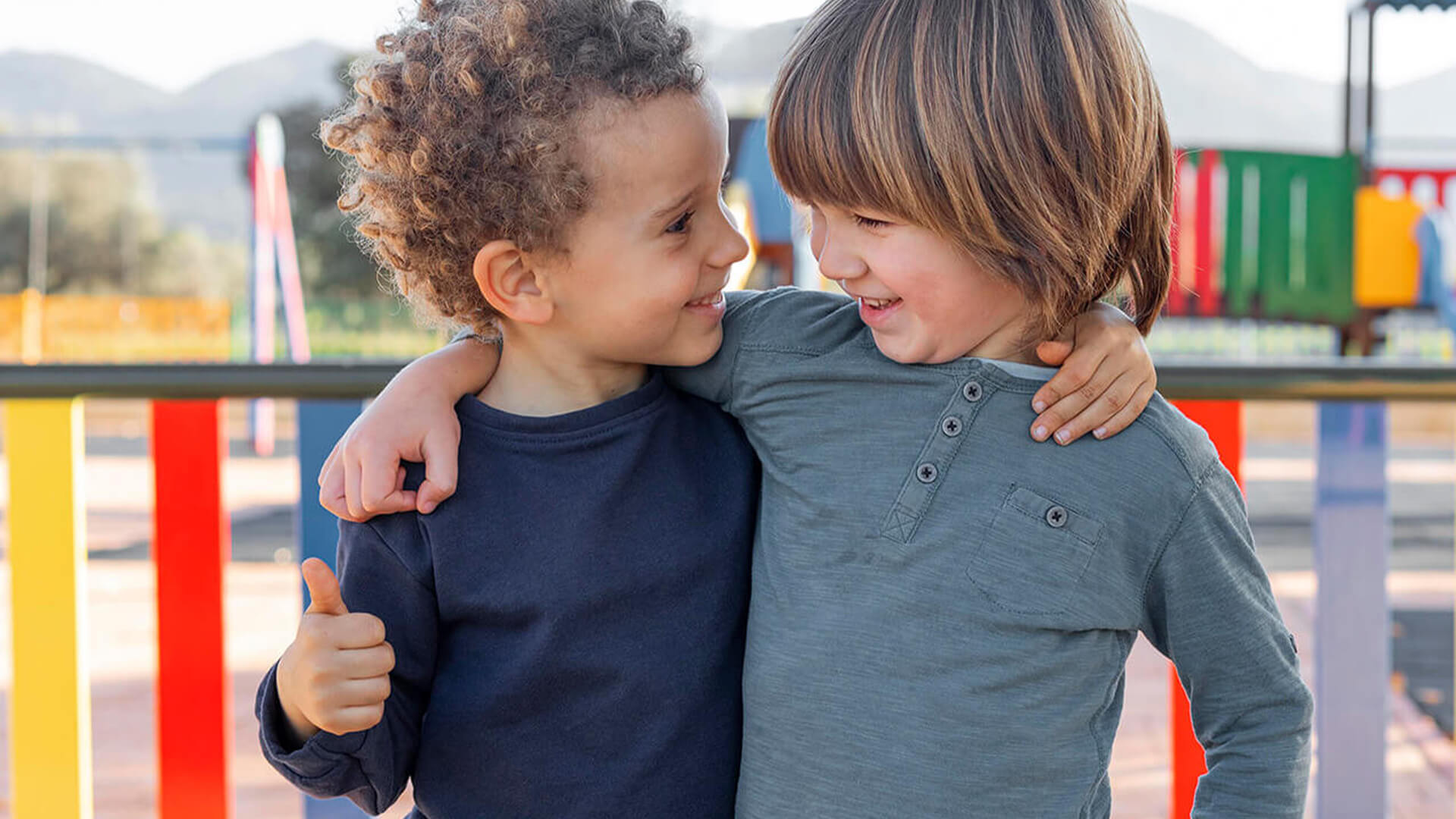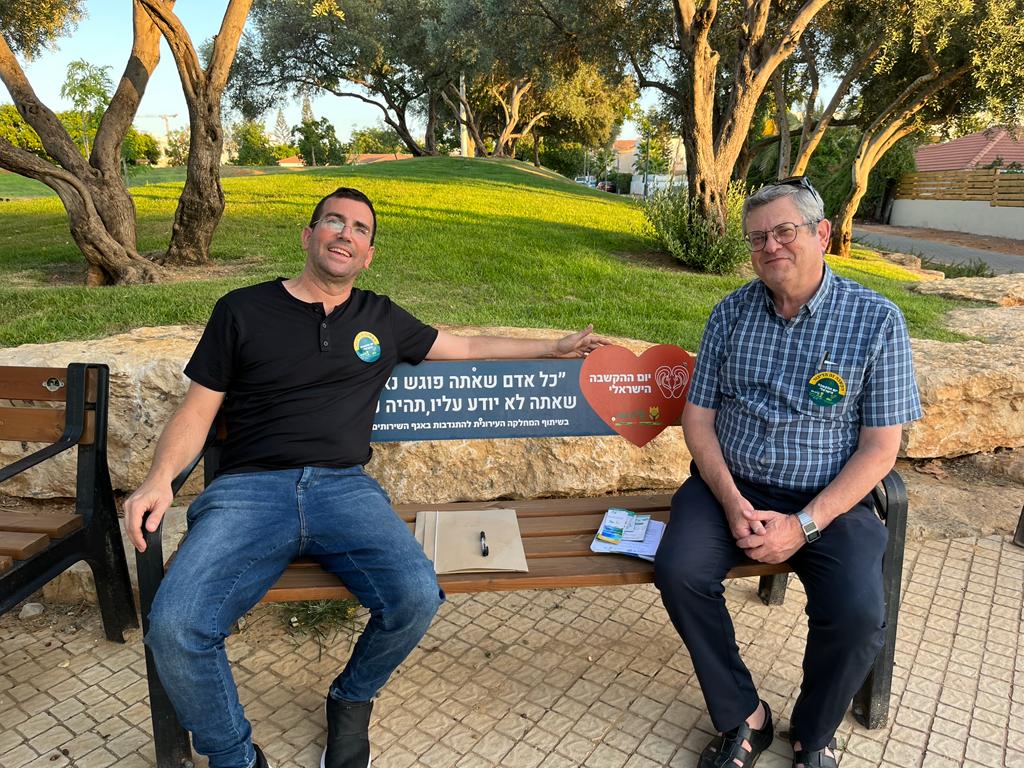Community projects

Kindergartens
My vision is to instill the importance of listening in children from the very beginning of their education, similarly to how they are taught to say “thank you” and “please”. I have created an activity that involves using special chairs called Listening Chairs. These chairs are designed to encourage children to sit and listen to one another, not only during moments of conflict or anger but every day. The children work together with the kindergarten staff to create these chairs, therefore making listening a collaborative process where the children are actively involved from start to finish. The end result is a chair that seamlessly integrates into the kindergarten routine and becomes a natural part of the kindergarten’s spirit.
Listening Benches
Loneliness has become a widespread problem of our time, leaving a lot of people feeling isolated and unheard. In response to this crisis, psychiatrist Dixon Chibanda came up with the idea of “listening benches” in Zimbabwe, where grandmothers were trained to provide care for thousands of individuals struggling with depression and loneliness in a community that lacked resources for mental health care. The success of the project surpassed Chibanda’s expectations, largely due to the specialized training the grandmothers received for their role as listeners.
During the Israeli Listening Day, we placed several listening benches across the country and trained volunteers in the spirit of Chibanda’s project, instructing them on how to listen to those in need. Our aim is to expand this initiative and integrate it into our daily lives; creating benches that we can sit on whenever we need someone to lend an ear.


Human Library
The Human Library was established in Copenhagen in the year 2000. Its primary objective is to provide people with the opportunity to interact with individuals they would not usually encounter in their everyday lives. It is called the “Human Library” because instead of books, it lends people who are willing to share their stories. For example, if someone wants to converse with a transgender person, a gay person, a victim of sexual assault, a Muslim, a Christian, a Jew, or anyone else, they can visit the Human Library and request to speak to them.
The aim Is to eliminate preconceptions and prejudices and interact with people who are unfamiliar and different from us in a non-threatening setting. This way, we can learn directly from them and listen to their stories rather than rely on stereotypes or biased narratives. In Israel, a Human Library is set to launch soon with the objective of uniting various cultures and communities and bridging the gaps and divisions within Israeli society.

